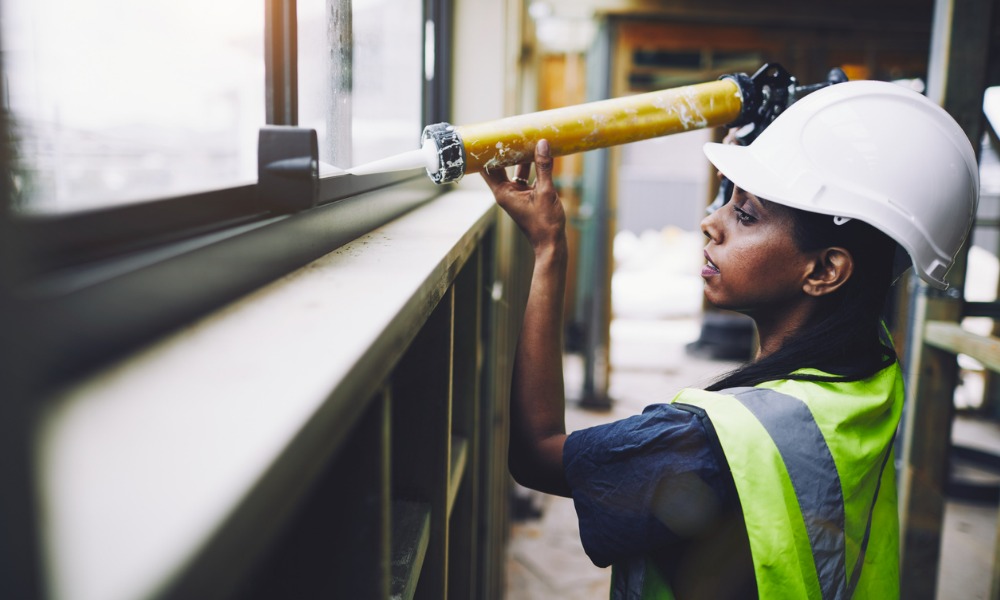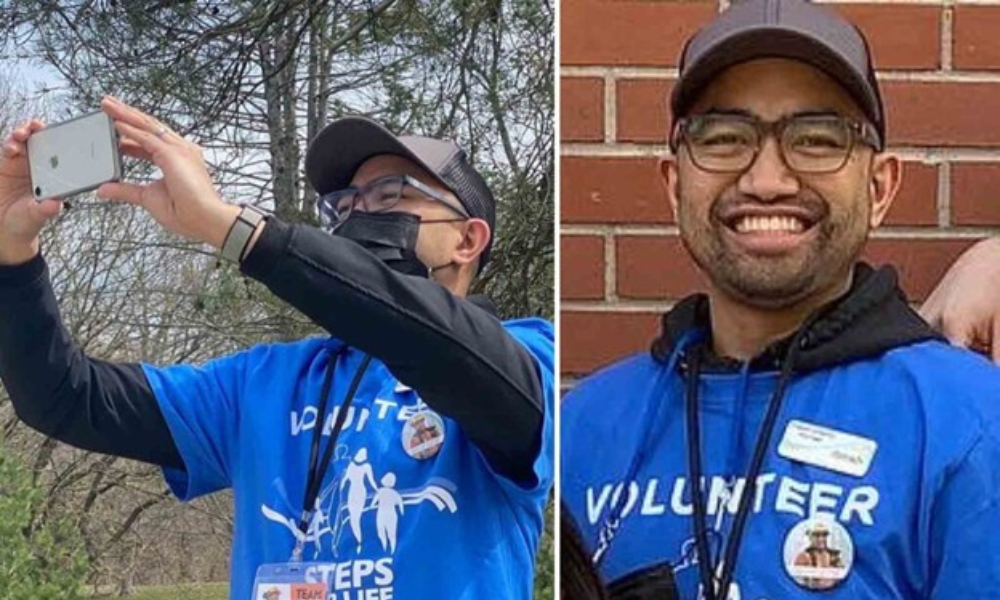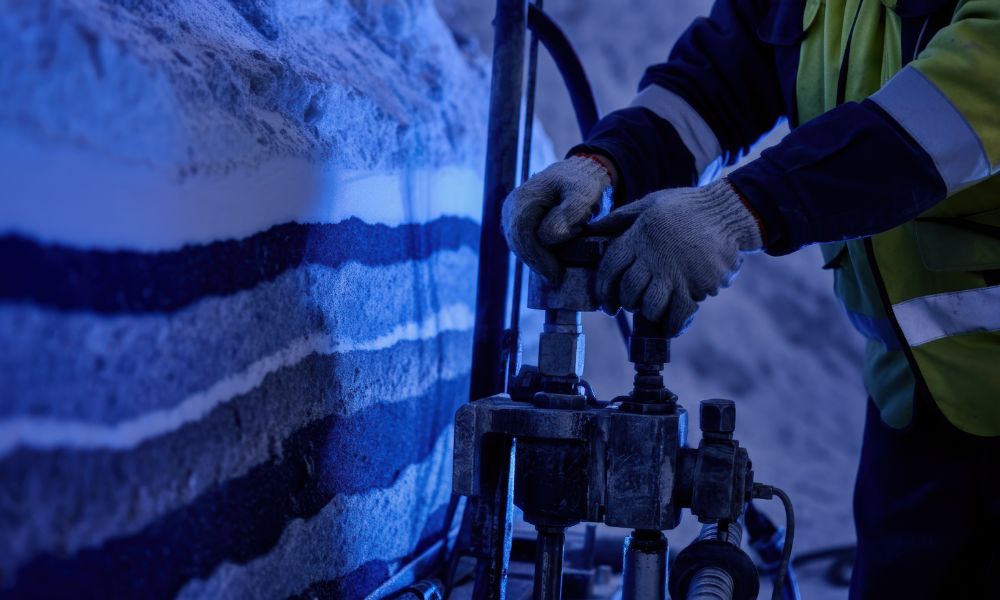Female workers sharing stories of harassment, discrimination to inspire others to speak up

Protective apparel purveyor Workwear Guru recently released a report highlighting prejudice and discrimination in the construction sector. The company studied social media app TikTok and found that women in construction were taking to the app en masse to share stories of harassment and discrimination on worksites.
These working women have shared their stories on TikTok to showcase their experiences and encourage other women who may be experiencing the same treatment to speak up.
“The construction industry has a male-dominated culture: As seen in the plethora of videos, women continue to be subjected based on their appearance,” says Lindsey Garret, Workwear Guru’s communications officer.
Garret says that women in the sector often receive discriminatory and offensive comments such as “You’re a girl you’re too pretty to be working such a dirty job,” “stop acting like a guy,” or “girls can’t work in construction.”
Read more: Women three times more likely to get injured than men
She explains that the sector’s male-dominated culture creates a toxic environment for women to work as they habitually get catcalled by their peers. “Women in construction are consistently undermined: In a male-dominated industry, women’s skills are subverted across all positions within the industry,” says Garret.
These attitudes can have negative effects on female workers’ mental and physical health and safety, and they can also affect their salaries. Statistics in Canada are slightly harder to find, but according to the U.S. Bureau of Labor Statistics, women construction managers earn 75 cents for every dollar a male construction manager makes. Moreover, women working in construction and extraction occupations earn 79 cents for every dollar their male coworkers earn.
In a sector that is so largely dominated by men, women may have few options to speak up and have their voices heard. Social media can be a valuable way for these women to help raise awareness around gender discrimination in construction. “Like for other social issues, social media can be an instrumental tool for women in construction. As social media apps grow in popularity, these digital environments created channels for women in construction to speak up on the discrimination and bias they encounter in their workplace,” says Garret.
Read more: Construction group aims to improve job site safety for women
During Workwear Guru’s TikTok search, Garret says that the organization found hundreds of videos made by women in construction who had turned to social media to share their stories about the discrimination that they face daily. She says that these posts can help other women in the sector feel less alone and inspire them to speak up for themselves.
“At the same time, these social media posts educate the public about the current situation in the construction industry. Each post shared on TikTok, Instagram, or Twitter is an opportunity for the public to learn more about the bias women in construction face and learn that construction is not a male-exclusive industry,” says Garret.





